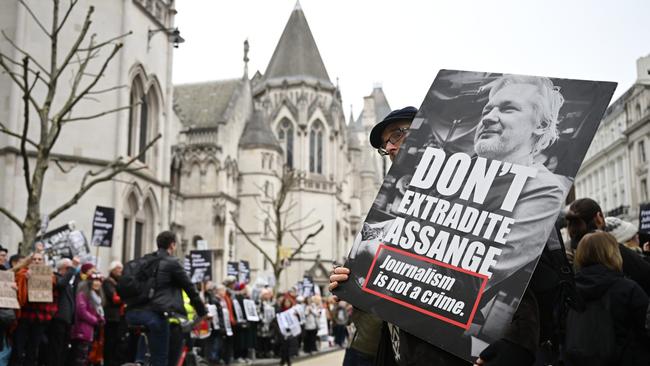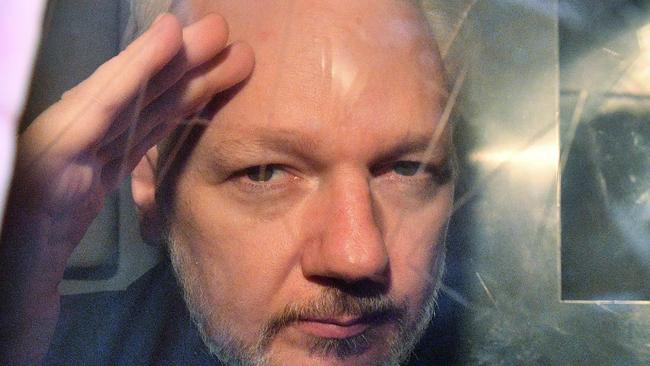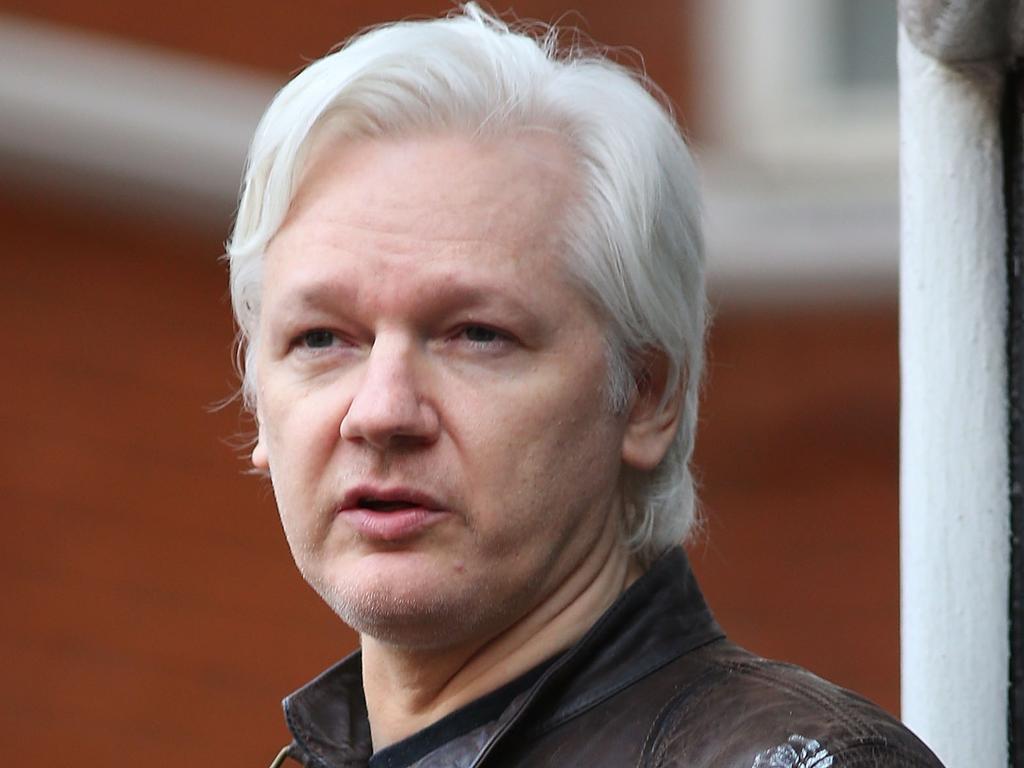Time for justice has passed –’til the scorpion strikes again

When he does kill the frog, the scorpion merely professes, “I am sorry, but I couldn’t resist the urge. It’s my character.”
Is it finally the time to put the tedium of the traitor Julian Assange behind us or is he the unrepentant scorpion?
There is a great time and illustrious place for true whistleblowers. Our democracy depends on them. At their best, true whistleblowers unveil for us information we need to know that others would hide. There is a valour in speaking truth to power and to accepting the risks and consequences that demands. Assange fails, in his role as megaphone, to do anything but avoid accountability.
He is a traitor who revealed our military methodologies in a time of war. He could have redacted details, he could have extracted analysis and made his point as a reporter while still removing threats to human life. Instead, Assange chose to just release it all. And seemingly did so without any thought to those who gathered the information he disclosed or those who gave it.

And he did it while clutching furtively to a cloak of journalistic nobility beyond his reach and that he never deserved. The key tenet of his entire defence.
For let us be clear: Assange is not, never was and never will be a journalist. Most assuredly, he has never been someone worthy of a journalist’s protection. He has admitted as much – surely to the chagrin of his lawyers and, possibly, himself.
In a 2018 Twitter post, in response to a podcast from this very publication, he derided being thought of as a member of the fourth estate: “Who would chose (sic) to class themselves among one of the least trusted, most dishonest, craven, careless, cynical, anti-intellectual, power obsessed, herd-like professions in existence whose incompetence & duplicity has led directly to the death and displacement of millions?”
Unlike Assange, journalists do receive top-secret information and call out the lies of our governments and our militaries, yet they do not do so at the risk to those on the ground, in the deserts, in the mountains, in the neighbourhoods controlled by our enemies. Assange never cared to be that careful.
Assange, at best? He’s an unchecked compendium of illicitly obtained information who wantonly dumped raw, unvarnished secrets from a punishing world he never had the bravery to tread on his own. Unlike those bursting in doors. Or clandestinely putting their lives on the line, often in hostile regimes. For there are many versions of heroism.
At worst? Assange wooed people with classified information to tell our foes how we operated in the shadows.
In WikiLeaks’ most explosive publication of classified documents, US soldier Chelsea Manning secreted to Assange and his fellow hackers controversial videos of American airstrikes in Iraq and Afghanistan, more than a quarter of a million diplomatic cables and almost a half a million army reports that came to be known as the “Iraq War Logs” and the “Afghan War Diary”.

Still, the questions of morality are endless. Surprisingly, even the most battle-hardened, an ultraconservative sergeant who served in Iraq, went from wishing to assassinate Assange to lauding him.
“As I read the material he leaked out I grew to understand what was being done in our name. Things changed for me. I went from willingly volunteering to end (this) man on behalf of my country, to realising we need more men like Assange to tell the truth.
“We were betrayed. We were misled. We squandered opportunity after opportunity when contractors and politicians clung to power and wealth.
“It wasn’t Assange who was responsible for that. And I fear we would have never known the truth without him.”
We do not claim to be the arbiters of honour or dishonour. Or to draw hard lines in the shifting sands of patriotism and virtue. But has Assange now served his time, and will extraditing him to the US serve any value whatsoever?
As it stands, the former soldier Manning served seven years of a 35-year term, commuted by president Barack Obama. Assange, the adolescent hacker from Melbourne, already has spent more time constrained than that leaker herself.
From his refuge and self-imposed containment in an Ecuadorian embassy – an embassy that eventually tired of him (and his cat) – to his actual confinement in England’s Belmarsh prison, Assange has been confined for more than a decade.
Yes, this did all start when he skipped British bail in an attempt to evade Swedish charges of sexual assault and a looming fear the Swedes would extradite him to the US.
But in a bitter irony, all of this was long before the Trump administration – whose leader once declared “I love WikiLeaks” – finally brought espionage charges to bear upon the Australian.
As Assange still languishes in a British jail, desperately fighting extradition, the question arises: has Assange, at this point, been sufficiently punished, by his own choosing or otherwise?
Knowing this will please no one on either side of the political or journalistic congregations, perhaps, in this case, the time for justice has passed. Unless, or until, he betrays again. He is an unruly hacker. A trait he attempts to elevate to “hacktivist”, as though that justifies the behaviour. But what he doesn’t say is that he may be nothing more than a computer-savvy egotist bent on “making his mark”, all at the potential expense of others.
Even in embassy confinement, he continued to leak documents and recruit fellow hackers. That led to his involvement with hostile Russian actors, to a breach of the Democratic National Convention’s emails, which Trump applauded, and to the largest breach of classified CIA information in the agency’s history. Such a devastating blow for US intelligence and its human assets that even the Trump administration felt compelled to finally indict Assange.
Though deterrence must always be heavily weighed, to extradite him to the US now is to merely continue the Assange media spectacle, furthering his own self-aggrandisement – with a healthy sprinkle of victimisation.
But if the scorpion cannot resist the urge to strike again, will he once more profess, “It’s my character”?
In releasing Assange, we will again test his true nature.
Michael Ware is a former CNN war correspondent. Justine A. Rosenthal is the former executive editor of Newsweek magazine. Both are award-winning documentary filmmakers.






As the old fable tells us, when a fearful frog reluctantly agrees to help a scorpion cross a river, the deadly scorpion promises not to strike and poison the amiable frog.